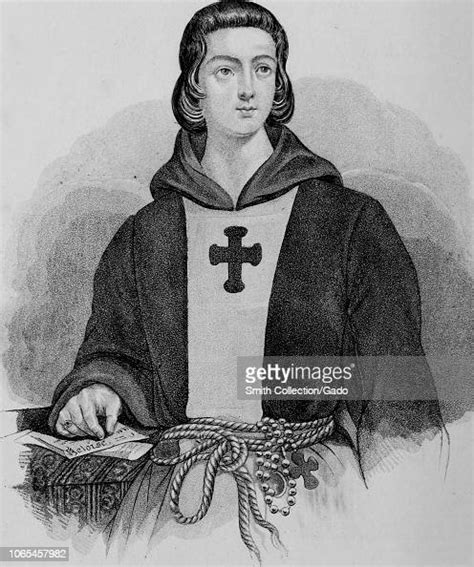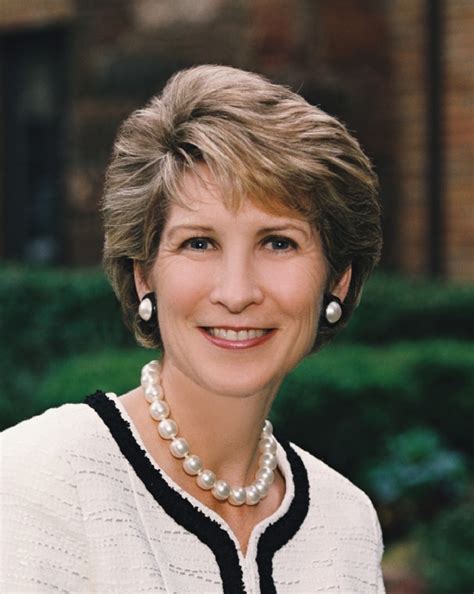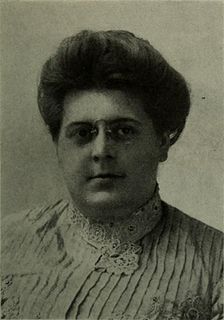A Quote by Emilie du Chatelet
love of learning is the most necessary passion ... in it lies our happiness. It's a sure remedy for what ails us, an unending source of pleasure.
Related Quotes
Passion. It lies in all of us. Sleeping... waiting... and though unwanted, unbidden, it will stir... open its jaws and howl. It speaks to us... guides us. Passion rules us all. And we obey. What other choice do we have? Passion is the source of our finest moments. The joy of love... the clarity of hatred... the ecstasy of grief. It hurts sometimes more than we can bear. If we could live without passion, maybe we'd know some kind of peace. But we would be hollow. Empty rooms, shuttered and dank. Without passion, we'd be truly dead.
Let us look upon a crucified Christ, the remedy of all our miseries. His cross hath procured a crown, his passion hath expiated our transgression. His death hath disarmed the law, his blood hath washed a believer's soul. This death is the destruction of our enemies, the spring of our happiness, and the eternal testimony of divine love.
If religion commands universal charity, to love our neighbors as ourselves, to forgive and pray for all our enemies without any reserve; it is because all degrees of love are degrees of happiness, that strengthen and support the Divine life of the soul, and are as necessary to its health and happiness, as proper food is necessary to the health and happiness of the body.
Pain and pleasure, good and evil, come to us from unexpected sources. It is not there where we have gathered up our brightest hopes, that the dawn of happiness breaks. It is not there where we have glanced our eye with affright, that we find the deadliest gloom. What should this teach us? To bow to the great and only Source of light, and live humbly and with confiding resignation.
In our concern for others, we worry less about ourselves. When we worry less about ourselves an experience of our own suffering is less intense. What does this tell us? Firstly, because our every action has a universal dimension, a potential impact on others' happiness, ethics are necessary as a means to ensure that we do not harm others. Secondly, it tells us that genuine happiness consists in those spiritual qualities of love, compassion, patience, tolerance and forgiveness and so on. For it is these which provide both for our happiness and others' happiness.
Increasingly in recent times we have come first to identify the remedy that is most agreeable, most convenient, most in accord with major pecuniary or political interest, the one that reflects our available faculty for action; then we move from the remedy so available or desired back to a cause to which that remedy is relevant.






































